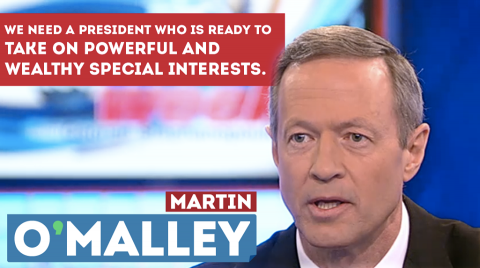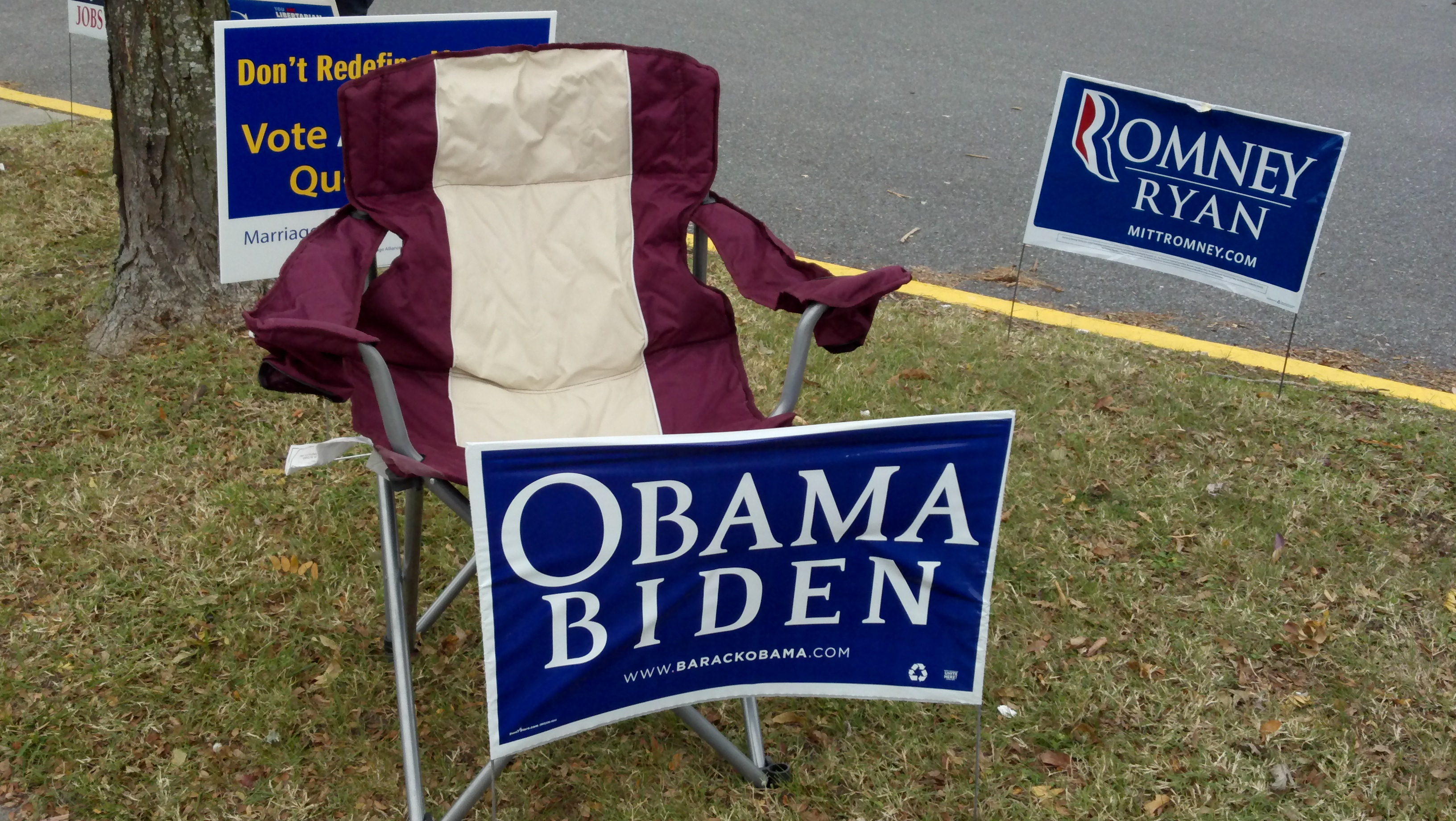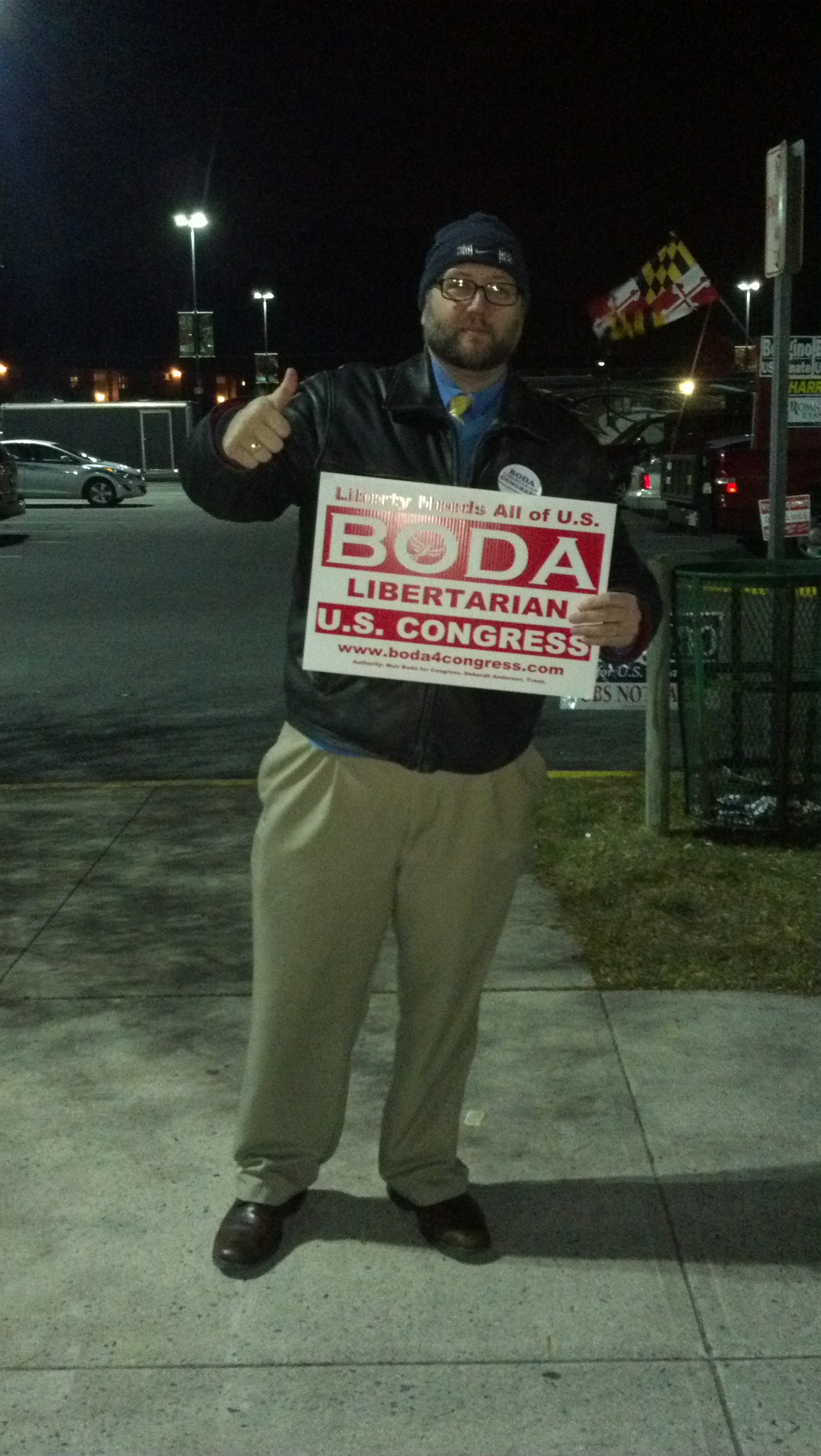At last, someone who admits what he is.
Since Elizabeth Warren continues to express her disinterest in the race, it took 73-year-old Vermont Senator Bernie Sanders, the self-described socialist and independent, to become yet another far-left regressive alternative to Hillary Clinton. (Despite being nominally independent, Sanders caucuses with the Democratic Party and will run for president under that banner.)
But those fringe leftists out there must have a little extra coin, as CNN and MSNBC both breathlessly described how Sanders outraised all the declared Republicans on their first day in with $1.5 million in the coffers. Whether that’s because Sanders is thought to be a viable alternative to Hillary Clinton or if it was an event made for news consumption is yet to be seen, but he’s off to a good start.
As he told the Guardian:
“People should not underestimate me,” Sanders said. “I’ve run outside of the two-party system, defeating Democrats and Republicans, taking on big-money candidates and, you know, I think the message that has resonated in Vermont is a message that can resonate all over this country.”
The message he believes will resonate is as follows:
Sanders said he would release “very specific proposals” to raise taxes on wealthy Americans and corporations, as well as offer tuition-free education at all public colleges and universities. He touched on his past opposition to free-trade agreements, his support for heavier regulation of Wall Street and the nation’s banking industry, and his vote against the Keystone XL oil pipeline as a preview of his campaign.
It’s a textbook populist (and job-killing) agenda, chock full of class warfare – but at least he’s not shy about it, vowing “a political revolution is coming” as soon as he launches his website formally later this month.
So the question has to be asked: will it affect Hillary? For a short time, the smart money as the alternative to Hillary was Martin O’Malley. But now that Baltimore has blown up, the question will naturally be what his tenure as mayor did to make Baltimore into the tinderbox it turned out to be, particularly as he came back to town in the days following the riots. The other Democrats in the race either don’t have the name recognition among the far-left in the party (Lincoln Chafee) or are too centrist for their taste (Jim Webb.) Sanders, on the other hand, is a somewhat known figure and has a long political record since he was first elected to Congress in 1990. A Public Policy Polling survey in Iowa placed Sanders as the only contender besides Hillary in double digits, and also pointed out:
On the Democratic side Hillary Clinton leads with 62% to 14% for Bernie Sanders, 6% for Martin O’Malley, 3% for Jim Webb, and 2% for Lincoln Chafee. We have now found Sanders polling at double digits in both Iowa and New Hampshire. He leads the non-Clinton candidates in name recognition at 56%, followed by 34% for O’Malley, 31% for Webb, and 25% for Chafee. Sanders is also the most frequently named second choice at 18% to 14% for O’Malley, and 12% for Clinton.
Besides Joe Biden, who has stated he won’t decide whether to run until the summer, it can be argued that Sanders is the most viable candidate. A race without Hillary would probably be as interesting and competitive on the Democratic side as the Republican race promises to be. (The same Iowa PPP survey had Scott Walker leading the GOP field, but only with 23%.)
So the race between aging pre-Baby Boomers continues on the Democratic side. If the contest is one of being more liberal than the next, we’ve pretty much reached the end with Sanders. Let’s just hope he doesn’t scream like Howard Dean when he loses.





